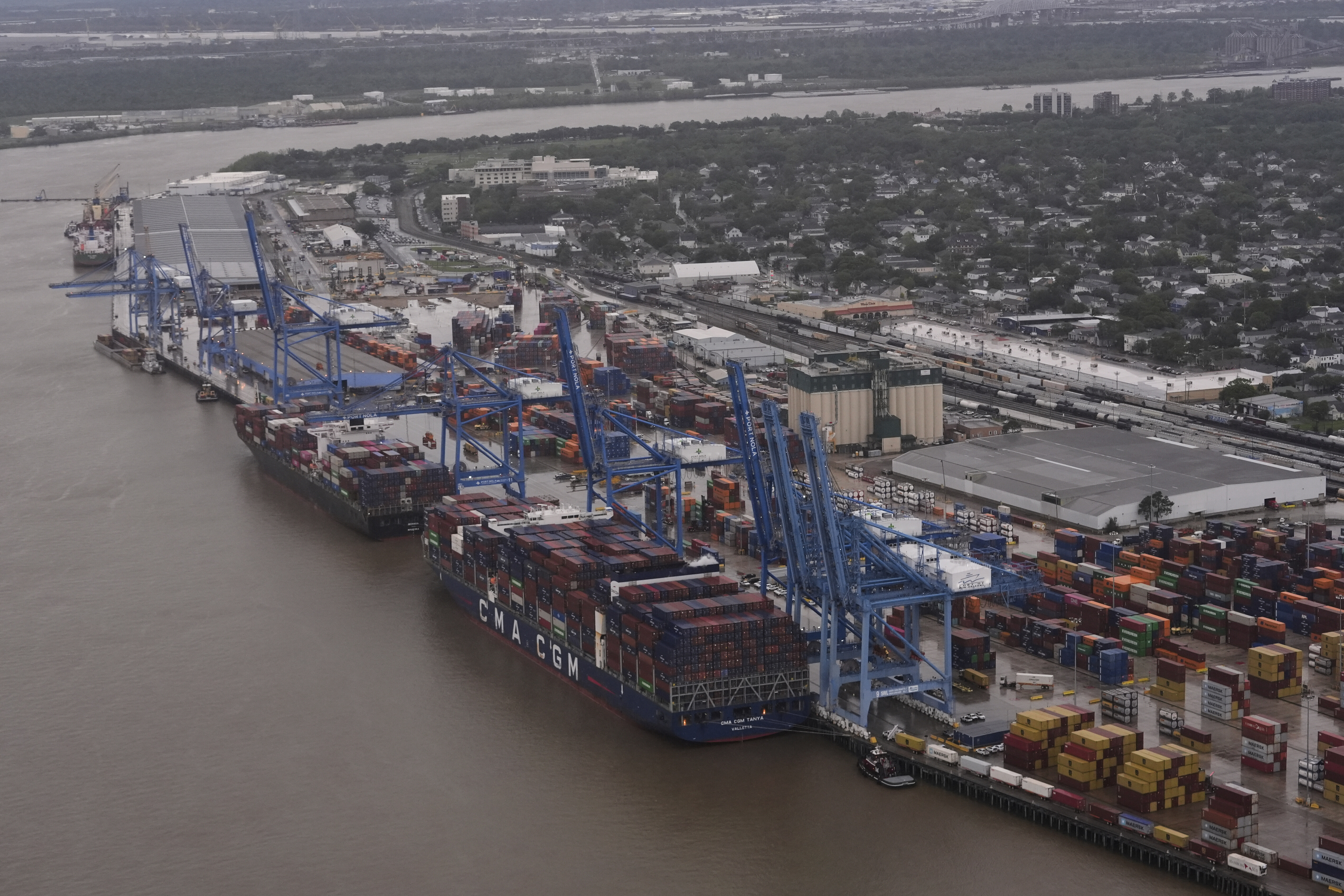Less noticed amidst these crises, however, has been a broader shift in American foreign policy that could have equally great and possibly longer-lasting implications. The Obama presidency may mark the beginning of a new era in American foreign policy and be seen as the moment when the United States finally turned away from the grand strategy it adopted after World War II and assumed a different relationship to the rest of the world. - Robert Kagan, January 2010
Unnoticed amid the sniping inWashington over health care and the wailing about "broken government," a broad and durable bipartisan consensus has begun falling into place in one unlikely area: foreign policy. Consider the fact that on Afghanistan, Iraq, and Iran -- the most difficult, expensive, and potentially dangerous foreign challenges facing the United States -- precious little now separates Barack Obama from most Republican leaders in and out of Congress. - Robert Kagan, March 2010.
To March-edition Kagan, Obama's embrace of the status quo is a good thing, an indication that the administration is now more responsible and attuned to American interests. The alternatives before the president, he writes, are all non-starters:
Most Americans today simply don't believe there is safety to be found in a Fortress America. The fact that deadly attacks can be hatched in faraway places, including in failed states that many Americans can't find on a map, has discredited even more temperate calls for a retrenchment of U.S. overseas involvement. Republicans are more interventionist today than they were a decade ago. In 2000, Condoleezza Rice, then candidate George W. Bush's top foreign-policy advisor, spoke for many Republicans when she denigrated "nation-building" and complained that the 82nd Airborne should not be used to help Bosnian kids get to school. Today most Republicans support manpower-intensive counterinsurgency strategies that include nation-building in Iraq and Afghanistan. The difference is 9/11.
One of the problems with this is that it's pegged entirely around a false choice: the status quo or Fortress America. This ignores an entire range of policy options between the interventionism that Kagan champions and "fortress America." I take a "Fortress America" policy to mean a sharp restriction in free trade, a dramatic reduction in immigration and a complete military withdrawal from the world. That's certainly nothing I'd endorse. It's not even what arch non-interventionist Ron Paul endorsed. Many analysts who routinely warn about over-stretch and over commitment (like the good people at the Cato Institute) want open borders and even more liberalized free trade.
So the constituency for a Hermit Kingdom is imperceptible. But there alternative approaches available to the Obama administration, ones that do not see the need for complete global dominance and intrusive international meddling as essential for our security. One that wants to preserve alliances, but reform them to reflect the emergence of rising powers and stronger economies now capable of underwriting a larger share of their security. One that wants to retain some forward military power, but not in regions that clearly do not want it and are reacting violently against it (read: the Middle East). One that wants a sensible adjustment that better positions America for the 21st century, and not for 1946.
Kagan is right that the people advocating this view have been successfully run out of the Republican party and don't have much of a home in the Democratic party either. But so much the worse for both parties I say. It would be one thing to laud a bipartisan status quo if America were in great shape, but the volume of writings about American decline suggests that maybe, just maybe, something is amiss, no?
Kagan points to the existence of the status quo as if it contains a transcendent truth about American interests, but I'd argue just the opposite. Look at how frozen and wrong-footed Washington is on so many issues. It is out of step with every major power except Europe (and possibly Japan) on Iran. It is berating NATO countries to spend more on defense to join us in the hinterlands of Afghanistan while simultaneously reaffirming to these very same countries that we view NATO as ever-lasting. The result being that Europe will continue doing what it pleases with its money while we continue to defend it. We've aligned every major player in the region against North Korea and still can't get them to relent. We're having a collective freak-out over Japan's unwillingness to a host an airbase in Okinawa, going to so far as to launch a patronizing PR campaign that argues that the Japanese are unable to accurately understand the kind of security environment they live in. We've been caught in an untenable situation on Russia's borders after a hasty and ill-conceived attempt to bring NATO to their doorstep. And wouldn't it have been nice to have the nearly $3 trillion we'll spend in Iraq in the U.S. treasury right about now?
The status quo is everywhere showing signs of fraying and right now the Obama administration's response is to try in an ever-more-frantic fashion to patch it up. This is a small-c conservative response. When faced with change, it's natural to cling to old patterns of thinking. And it's not like the alternative approaches are going to usher in an international nirvana - the world will be what is always is, a place of competition and angling for power. No one can promise utopia. But just because Washington has fixed on an over-arching strategy for navigating the world that has been more or less consistent for the last three administrations does not mean that it's the right one or the one that maximizes our position.











